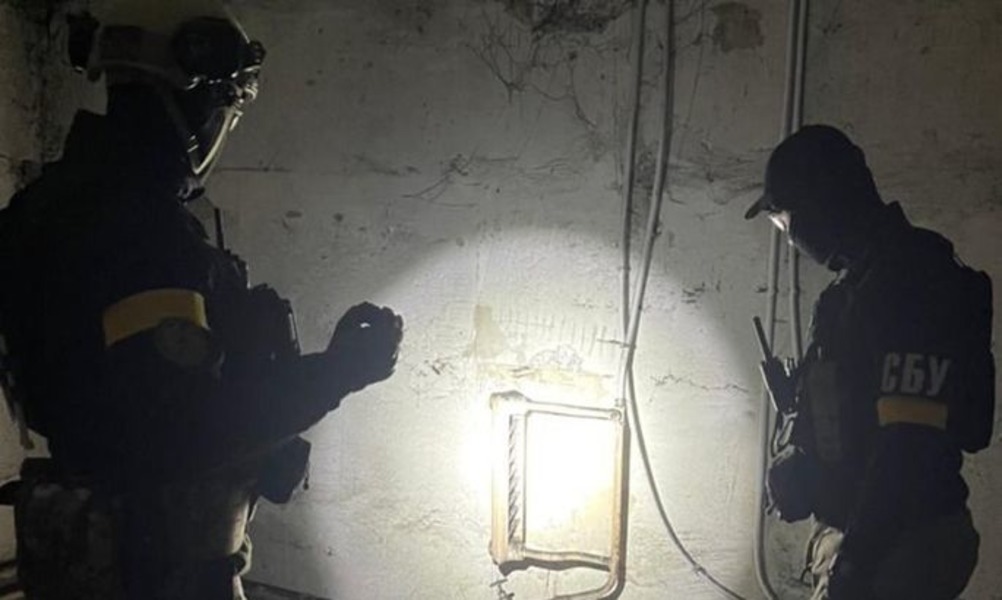Russian military personnel have widely and systematically used torture in areas that have been under Russian occupation for an extended period.
These findings are contained in the report of the Independent International Commission of Inquiry on Violations in Ukraine to the United Nations Human Rights Council, presented on Monday, September 25. In some cases, Russian military personnel applied torture with such cruelty that it resulted in the death of victims.
According to the commission’s chair, Erica Möse, the primary victims of torture were individuals accused of providing intelligence to the Ukrainian armed forces: «The commission has found that torture was primarily used in various places of detention controlled by Russian authorities, mainly aimed at obtaining information from the victims.»
In the Kherson region, the commission also uncovered instances of sexual violence by Russian military personnel against women aged 19 to 83, often accompanied by threats or the commission of other crimes. Family members were held in adjacent rooms and forced to listen to what was happening.
The commission separately addressed the issue of the «devastating consequences» of the war for children and indicated that experts continue to investigate cases of unaccompanied minors being transferred from Ukraine to Russia. However, due to a lack of clarity and transparency regarding the full extent, circumstances, and categories of transferred children, the process of their repatriation may be hindered, as highlighted in the report. The authors of the report are concerned about allegations of genocide in Ukraine, supported by certain rhetoric conveyed by Russian state media and others, which appears to incite genocide. The commission continues its work to investigate the reported facts.
Following her week-long visit to Ukraine in early September, the UN Special Rapporteur on Torture, Alice Jill Edwards, stated that the documented number of torture cases in the occupied areas of Ukraine and against Ukrainian prisoners by representatives of Russian security forces indicates that torture has become part of Russia’s systematic policy in Ukraine. She emphasized that torture by Russian military personnel and representatives of other security forces cannot be considered random or isolated incidents. Edwards reported evidence of torture involving electric shocks, beatings, simulations of executions, threats of violence, coercion into prolonged positions, and other torture methods, with the aim of degrading the human dignity of individuals detained in Russian-occupied territories or in captivity.
Russian authorities do not respond to UN calls for at least official investigations, thereby aligning themselves with the perpetrators and aggressors. In fact, they themselves act as perpetrators and aggressors towards their own citizens. Present-day Russia under Putin can confidently be described as a country where all types of torture are legalized and practiced. Torture and abuse are a common practice for Russia, not exceptions. A glaring example is the video released by Ramzan Kadyrov, the head of Chechnya, showing his son beating an individual detained by the police, with no proper response from the justice system.

